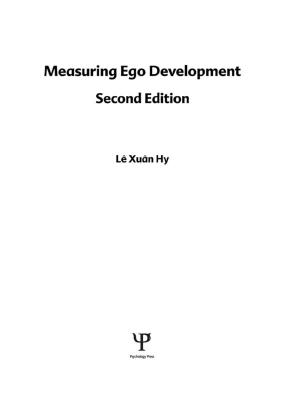US Nation-Building in Afghanistan (Open Access)
Nonfiction, Social & Cultural Studies, Political Science, International, International Relations, History, Middle East| Author: | Conor Keane | ISBN: | 9781317003182 |
| Publisher: | Taylor and Francis | Publication: | March 31, 2016 |
| Imprint: | Routledge | Language: | English |
| Author: | Conor Keane |
| ISBN: | 9781317003182 |
| Publisher: | Taylor and Francis |
| Publication: | March 31, 2016 |
| Imprint: | Routledge |
| Language: | English |
Why has the US so dramatically failed in Afghanistan since 2001? Dominant explanations have ignored the bureaucratic divisions and personality conflicts inside the US state. This book rectifies this weakness in commentary on Afghanistan by exploring the significant role of these divisions in the US’s difficulties in the country that meant the battle was virtually lost before it even began. The main objective of the book is to deepen readers understanding of the impact of bureaucratic politics on nation-building in Afghanistan, focusing primarily on the Bush Administration. It rejects the ’rational actor’ model, according to which the US functions as a coherent, monolithic agent. Instead, internal divisions within the foreign policy bureaucracy are explored, to build up a picture of the internal tensions and contradictions that bedevilled US nation-building efforts. The book also contributes to the vexed issue of whether or not the US should engage in nation-building at all, and if so under what conditions.
Why has the US so dramatically failed in Afghanistan since 2001? Dominant explanations have ignored the bureaucratic divisions and personality conflicts inside the US state. This book rectifies this weakness in commentary on Afghanistan by exploring the significant role of these divisions in the US’s difficulties in the country that meant the battle was virtually lost before it even began. The main objective of the book is to deepen readers understanding of the impact of bureaucratic politics on nation-building in Afghanistan, focusing primarily on the Bush Administration. It rejects the ’rational actor’ model, according to which the US functions as a coherent, monolithic agent. Instead, internal divisions within the foreign policy bureaucracy are explored, to build up a picture of the internal tensions and contradictions that bedevilled US nation-building efforts. The book also contributes to the vexed issue of whether or not the US should engage in nation-building at all, and if so under what conditions.















